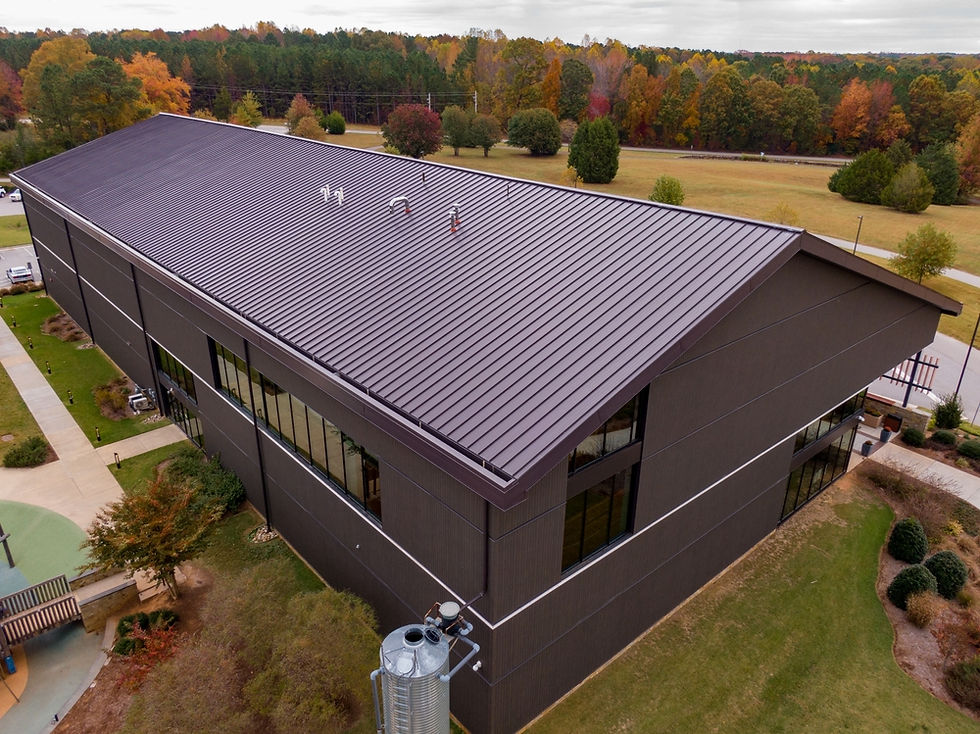Choosing the Ideal Materials for Your DIY Carport Kit: A Comprehensive Guide
- Holly Jacob
- Jun 3, 2024
- 3 min read
Updated: Nov 4, 2025
Have you woken up to a heavy snowfall and had to dig out your car before you can leave for work? Are you tired of the constant exposure your vehicle is receiving from harsh weather conditions and the damaging effect it has on the paint and overall structure? Whether you’re an avid DIY enthusiast or someone who just loves to save money, having the option of choosing the right carport kit might be the best choice for you. But where do you even start when it comes to choosing materials?

This blog post will be your guide, taking you through the ins and outs of choosing the right materials for your DIY carport kit. We will explore different types of materials and their pros and cons, environmental considerations, security features and more. This isn't just about securing a shelter for your vehicle; our aim is to help you erect a structure that augments the aesthetic appeal of your home while fulfilling your needs efficiently.
Exploring the Different Types of Carport Kit Materials
While carport materials come in all shapes, sizes, and compositions, there are three main categories to consider metal, polyethylene, and wood. Each comes with its unique pros and cons. Metal carports, for example, are popular for being robust, durable and offer impressive longevity. They offer high resistance to extreme weather variations - a perfect choice if your area experiences vigorous and unpredictable weather changes.
Polyethylene carports, on the other hand, are lightweight, affordable and assemble with ease. Meanwhile, wooden carports can provide a classic aesthetic appeal that might harmonize perfectly with your house design. However, they are susceptible to pests and require regular maintenance.
Weather Resistance vs. Aesthetics
One significant factor to consider while selecting materials for your DIY carport kit concerns balancing weather resistance with design appeal. Some materials might have excellent resistance to weather but might not align with the aesthetic design of your house. It’s important then to strike a balance between these two factors. Metal carports, for instance, might not offer a rustic look but provide ideal durability in harsh climates.
Considering Eco-Friendly Carport Materials
In today’s eco-conscious era, considering environmentally friendly materials for your DIY carport is essential. Wood and metal are mostly recyclable and biodegradable. While metal structures may involve more energy in fabrication, their longevity and requirement of lesser maintenance make them a suitable contender.
Adding Security to Your Carport
While choosing materials for your carport kit, the security of your vehicle is indispensable. Sturdy materials, such as Steel, can provide added security against thieves or vandals. A lockable door is also a valuable addition.
Setting Up the Carport
The ease of assembly should also be on your list of considerations while choosing materials for your DIY carport kit. Lighter materials like aluminium and polyethylene are relatively easier to manage during the assembly process.
Cost Considerations
Lastly, your budget will significantly influence your choices. While a wooden carport might provide outstanding aesthetics, it may come at a higher cost, including increased maintenance.

Wrapping It Up
Material choice for your DIY carport kit is dictated by your priorities, which might include durability, aesthetic appeal, cost, or even environmental consciousness. Take a step back and analyse your climate, budget, and design tastes. Sophisticated metal, affordable polyethylene, or traditional wood—each material brings a different vibe, level of durability, and cost to your project. Do remember, while your car’s protection is the primary focus, the carport can also add significant curb appeal to your home. Make sure to align it with your home's overall aesthetic while meeting your protective needs.





Comments